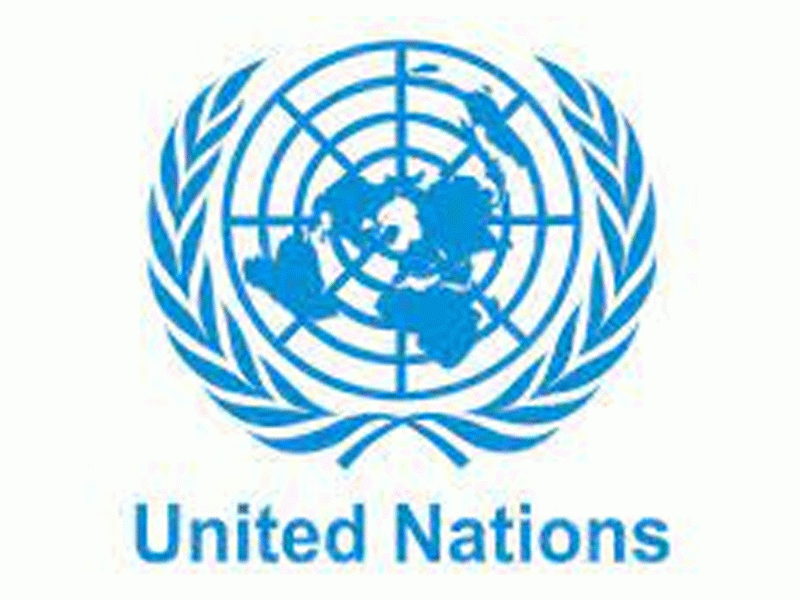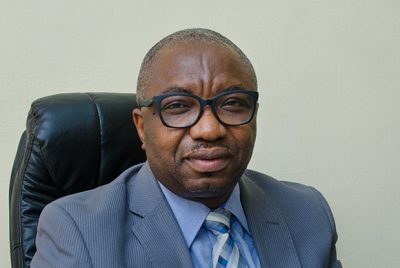By Cecilia Ologunagba
The UN High Commissioner for Human Rights, Volker Türk, on Friday, called for Niger’s democratically elected officials to be released at once, following their detention in the July coup.
Türk, in a statement, urged the generals to restore constitutional order immediately.
The UN rights chief, however, expressed grave concerns for the people of Niger.
“The people have already been through so much hardship over the years. Now, the very people who they elected to build a pathway to end their destitution have been removed by force,” he said.
Türk also raised concerns about the announced decision by Niger’s military leaders to prosecute President Mohamed Bazoum and others working with him for high treason.
“This decision is not only politically motivated against a democratically elected president but has no legal basis as the normal functioning of democratic institutions have been cast aside.
“The very notion of freedoms in Niger is at stake. Generals cannot take it upon themselves to defy – at a whim – the will of the people.
“Rule-by-gun has no place in today’s world,” said the High Commissioner.
The message comes as the UN International Organisation for Migration (IOM) called for a humanitarian corridor out of Niger to be established urgently, for stranded migrants.
This call was echoed by the UN Children’s Fund (UNICEF) Representative on the ground, Stefano Savi.
He called for a reopening of the border so that humanitarian supplies and more urgently needed humanitarian staff could be admitted to meet rising needs.
He said it was imperative to allow in vaccines stranded at humanitarian hubs.
“We have the vaccines just awaiting the reopening of the airspace. You know, those vaccines are essential to carry out vaccine campaigns,” he said.
In the first half of 2023, more than 60,000 migrants travelled through Niger.
IOM said recent border and airspace closures had led to overcrowding in its centres, where thousands of migrants were hosted as many waited to return home.
According to the organisation, in 10 days, departures for over 1,000 migrants, primarily from Mali and the Republic of Guinea, were cancelled or postponed.
Meanwhile, around 1,800 migrants are awaiting assistance outside IOM transit centres, which host around 5,000 people at seven transit points strategically positioned along migration routes.
From the UN human rights office, (OHCHR), spokesperson Ravina Shamdasani noted that Niger was one of the poorest countries in the world, with nearly half of the population living on less than 2.15 dollars a day and millions reliant on humanitarian assistance.
She deplored that the country’s people had been forced to endure “even more misery” following the coup, which had triggered border closures, trade interruptions and a surge in food prices.
Even before President Bazoum was seized by some of his guards in the 26 July power grab, over three million people were chronically food insecure, according to the UN World Food Programme (WFP), and close to half of all children under five were suffering from chronic malnutrition.
The OHCHR spokesperson reiterated Türk’s call for “full and free access for humanitarian assistance to allow critical food, medical and other relief supplies into the country.”
Shamdasani added that there had been a “very worrying” clampdown on civic space in Niger, which was impacting freedom of expression and public assembly.
This included allegations of intimidation against journalists and bans on international media outlets.
She also noted that recently there had been a “deeply troubling” pattern of unconstitutional changes in government by military forces across West Africa – the Niger putsch being the sixth in the region in the past three years. (NAN)




